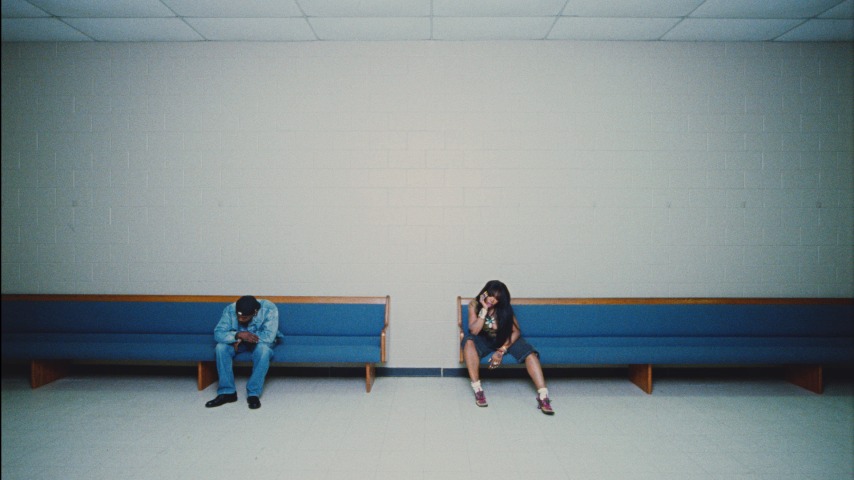Per Billboard, this is in part due to recent rule changes regarding recurrence; descending songs are removed from the chart after falling below certain thresholds (below number five after 78 weeks, below number 10 after 52 weeks, etc.). “Luther” fell victim to the recurrent rule after falling to number 38 last week after a very respectable 46 weeks on the chart, and seven other songs were removed as well. While this could’ve opened up the playing field for other rap songs to rise, there are other factors at play. For instance, all 12 songs from Taylor Swift’s The Life Of A Showgirl have stuck in the Top 40 since the album’s release, which leaves limited slots for everybody else.
This fits the pattern of the so-called decline of hip-hop, which has been the subject of study and debate over the last several years. The genre peaked in 2020 with a near 30 percent market share, making it the most listened-to genre in music. But that percentage has declined every year since, with Billboard reporting it at 24 percent so far in 2025. This may be a reflection of the sociopolitical moment; as the U.S. experiences a conservative cultural backlash, country music has been on the rise. But it may also have to do with the economic factors involved in hip-hop itself, which some experts described to Newsweek as being exploited and gentrified for chart success.
Professor Treva Lindsay proposed to the outlet that “the mainstream rap industry has been gasping for creative breath for quite some time. I think the radical potential of hip-hop remains in its lower frequencies. What we consume most often, though, is where I am most critical and underwhelmed.” She added that the “hyper-commercialization and apolitical tenor of mainstream rap music are sources of ire and disappointment. I think some people may be welcoming its decline in the commercial sphere as they await innovation from the marginalized Black and Brown communities that pioneered hip-hop over 50 years ago.”

 Keep scrolling for more great stories.
Keep scrolling for more great stories.
